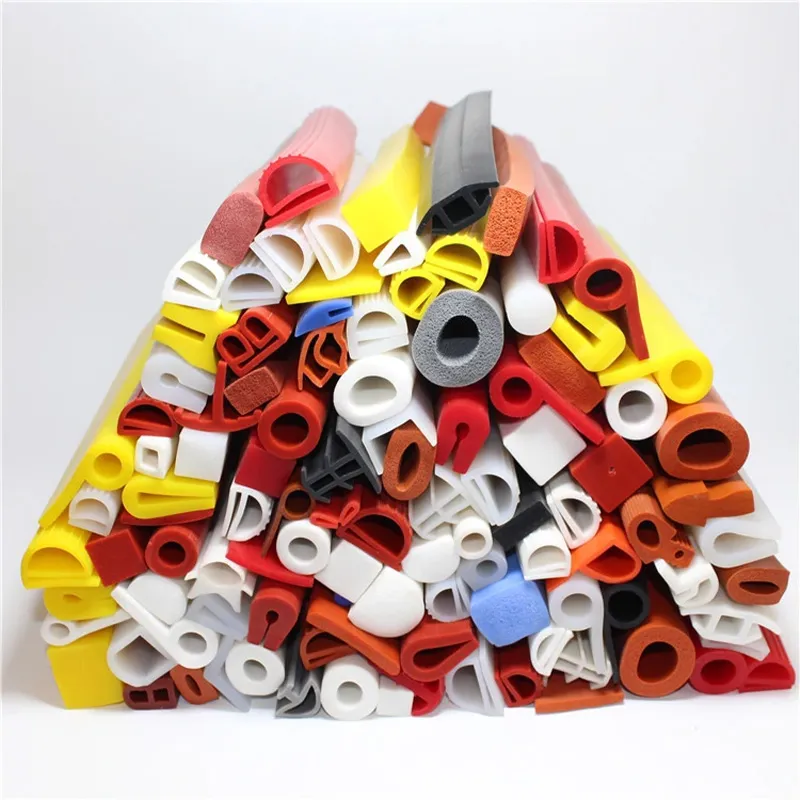lithium ion battery manufacturing machine
The Manufacturing of Lithium-Ion Batteries A Comprehensive Overview of Production Machinery
Lithium-ion batteries (Li-ion) have become the cornerstone of modern energy storage solutions, powering everything from smartphones to electric vehicles. As the demand for these batteries continues to surge, so does the need for efficient and effective manufacturing processes. At the heart of this production are the machines specifically designed for lithium-ion battery manufacturing, which play a critical role in ensuring high quality and performance.
Overview of Lithium-Ion Batteries
Lithium-ion batteries owe their popularity to their high energy density, lightweight properties, and longer lifespan compared to other battery types. They consist of an anode (typically made from graphite), a cathode (often composed of lithium metal oxides), an electrolyte, and a separator. The manufacturing process involves several crucial steps, each requiring specialized machinery.
Key Manufacturing Machines
1. Electrode Coating Machines One of the first steps in battery production involves applying active materials to electrodes. Electrode coating machines uniformly spread a slurry comprising active materials, conductive agents, and binders on the metal foil substrates. These machines ensure proper thickness, uniformity, and adhesion, which are essential for battery performance.
2. Drying Equipment After the electrodes are coated, they must be dried to remove any solvent. Drying ovens and vacuum drying machines are used to achieve the necessary moisture content and ensure that the electrodes are ready for assembly. This step is critical, as excess moisture can lead to reduced battery efficiency and lifespan.
3. Cutting Machines Once dried, the electrode sheets are cut into specific dimensions suitable for battery cells. Precision cutting machines are employed to ensure the electrodes are cut accurately, minimizing waste and ensuring uniform cell sizes, which is vital for assembly.
lithium ion battery manufacturing machine

4. Cell Assembly Machines The next step involves the precise assembly of cell components. Automatic assembly machines handle the stacking or winding of the anode, separator, and cathode to form a cell. This process requires high levels of automation to maintain precision and speed, as well as reducing human error.
5. Electrolyte Filling Machines Once the cells are assembled, they require the electrolyte to be added. Electrolyte filling machines ensure that the right amount of liquid is introduced into each cell, which is crucial for operational efficiency and battery life.
6. Sealing Machines After the electrolyte is filled, sealing machines securely close the battery cells to prevent leakage and contamination. This process must be conducted with utmost precision to ensure the integrity of the battery over time.
7. Formation and Aging Equipment Once the cells are sealed, they undergo a formation process involving charging and discharging cycles to activate the battery chemistry. Formation and aging equipment monitors this process, ensuring that each cell meets the required performance metrics before proceeding to the next stage.
8. Quality Control Machines Quality assurance is paramount in battery manufacturing. Machines equipped with advanced testing capabilities assess the voltage, capacity, and overall performance of the finished batteries. These systems help identify defects early in the production process, reducing waste and ensuring only high-quality cells reach the market.
Conclusion
The manufacturing of lithium-ion batteries is a highly intricate process that relies on specialized machinery at each step. With the growing demand for these energy storage solutions, manufacturers are continuously innovating to improve efficiency, reduce costs, and enhance performance. The machinery used in lithium-ion battery production not only ensures high-quality output but also plays a pivotal role in meeting the global demand for cleaner and more sustainable energy solutions. As technology advances, the future of lithium-ion battery manufacturing is poised for exciting developments that will further revolutionize the industry.
Share
-
The Best Lubricants for Aluminum Roller GuidesNewsJul.23,2025
-
Slitting Machine Applications in the Packaging IndustryNewsJul.23,2025
-
Rolling Roller Balancing Techniques for Smooth OperationNewsJul.23,2025
-
How To Optimize An EV Battery Assembly LineNewsJul.23,2025
-
Energy Efficiency in Modern Battery Formation EquipmentNewsJul.23,2025
-
Automation Trends in Pouch Cell Assembly EquipmentNewsJul.23,2025







